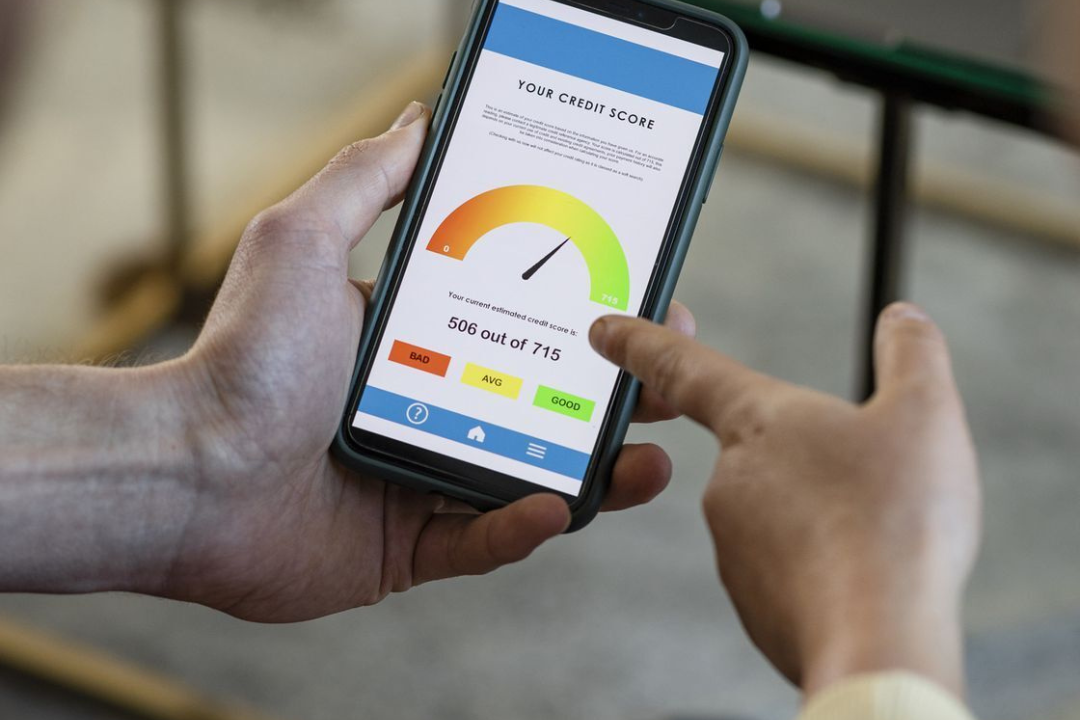- Home
- Personal Finance
- Don’t Do These 6 Things ...
Waya's Web Developer

Good credit is important, but you might unknowingly damage your score with some financial habits.
Check out these six things that could hurt your credit score, making it hard to secure financing.
1. Make Late Payments
Your payment history is 30% of your credit score. If you miss even one payment, it could drastically drop your credit score. Contact your creditor immediately if you’re in a bind and can’t pay on time. They may have arrangements they can work out so that you aren’t 30 days late and hurting your credit score.
2. Max Out Your Credit Card
You get a credit card with a specific credit limit, so you assume you can max it out, right?
Wrong.
This is the second worst way to hurt your credit score. Your credit utilization rate makes up 30% of your credit score, and if you have over 30% of your credit line outstanding, it could decrease your score because it makes you a higher risk.
Instead, only charge what you can afford to pay off each month, or at least make large payments to your credit card monthly.
3. Apply for Too Many Loans at Once
Applying for multiple loans at once can hurt your credit score. For example, if you apply for a credit card, personal loan, and cash-out refinance all at once to the credit bureaus, you look desperate for money.
Now, if you want to rate shop to find the best rate on one type of loan, you usually only get hit with one inquiry versus multiple like you would if you applied for different types of loans.
4. Transfer All Credit Card Debt to One Card
Getting a 0% APR credit card may be great, but if you transfer all your credit card debt to the card and max out the credit line, you could hurt your credit score. Your credit utilization rate is per card and overall. Your credit score may drop with one card exceeding the 30% threshold.
5. Co-Sign a Loan
You might think you’re doing the right thing by co-signing a loan. Even if it’s for a family member or friend, it puts you on the hook for the loan and is a bad idea. Even though it’s in their name and they benefit from it, you must pay if they don’t.
If no one pays the loan, your credit will suffer from the late payments and, eventually, default if the borrower never makes up the late payments.
6. Not Check Your Credit Report
Not checking your credit report periodically could cost you points in your score. If there are errors, fraudulent activity, or a creditor forgets to report your on-time payments, your credit score may be lower than it should be.
These six habits could greatly impact your credit score, but not in a good way. Always check your credit report, make your payments on time, keep your debt within reason, and only apply for loans you absolutely need.
Think long and hard before co-signing a loan and avoid transferring all credit card debt to one card. Instead, create a debt payoff plan that keeps your credit utilization at 30%, allowing you to keep your good credit score.